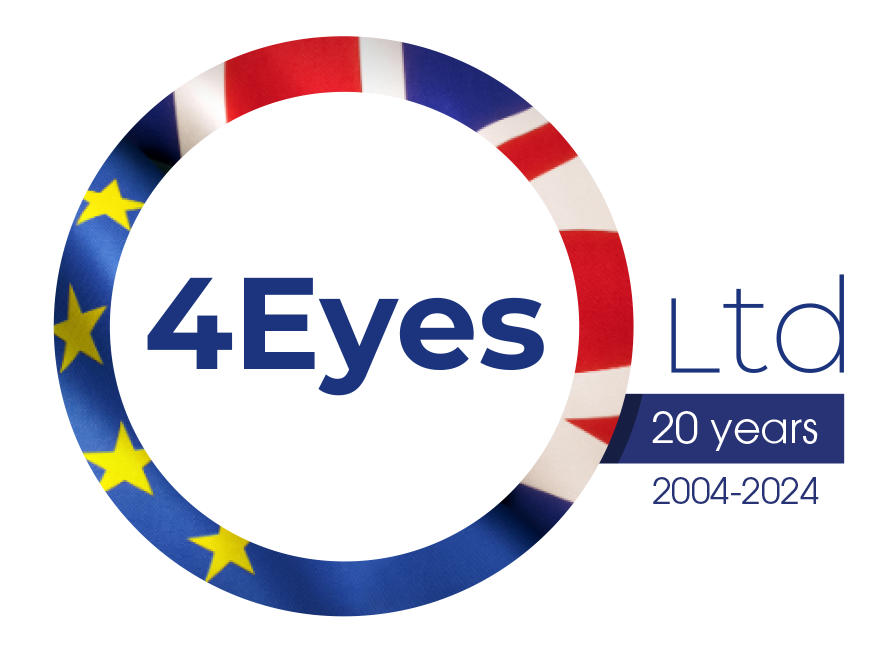EU Reaches General Approach on VAT Liability for Non-IOSS Distance Sellers — Directive 2023/0158 (CNS) Set to Apply from 1 July 2028
On 13 May 2025, the Council of Finance Ministers of the EU (ECOFIN) reached a general approach on the long-anticipated Directive 2023/0158 (CNS). The proposal—originally tabled in 2023—aims to reinforce VAT collection on low-value imports by extending VAT liability to non-IOSS suppliers and platforms, including those established outside the EU.
The Directive, once formally adopted (pending a European Parliament opinion and final ECOFIN unanimity), will apply from 1 July 2028.
Overview of the Directive
The revised rules significantly tighten the VAT framework for distance sales of imported goods, especially for businesses not using the Import One Stop Shop (IOSS).
Key elements:
Suppliers and electronic interfaces (platforms) who do not opt into IOSS will be liable for both import VAT and the VAT on the supply in the Member State where the goods are delivered to the final consumer.
The measure removes the current possibility of using simplified import regimes without IOSS, and strongly incentivizes IOSS uptake.
Non-EU suppliers will be required to register for VAT in each Member State of delivery, typically via a local tax representative.
VAT Directive Amendments
The proposal introduces targeted changes to key provisions of the EU VAT Directive (Directive 2006/112/EC):
Amended Articles
Article 201 – Clarifies liability for VAT on importation, now explicitly extending to platforms and importers in the context of distance sales.
Article 204 – Allows tax representatives to be made liable where appropriate, particularly for non-EU suppliers.
Article 205 – Enables joint and several liability for third parties involved in the import process (e.g., intermediaries, logistics operators).
New Provisions
Article 201a (new) – Authorizes Member States to allow customers to pay import VAT directly under prescribed conditions and procedures.
Article 205a (new) – Requires the Commission to report on the implementation and performance of these new liability rules based on Member State feedback.
Anti-Fraud Mechanism: UCN–IOSS Number Matching
To complement this framework, Directive 2025/516/EU introduces new anti-fraud measures under Article 143(1a) of the VAT Directive:
The European Commission will adopt implementing acts requiring the unique consignment number (UCN) to be linked to the IOSS VAT identification number, improving customs-VAT data matching and compliance controls.
This linkage will be a powerful enforcement tool against:
Undervaluation or misdeclaration of shipments;
Abuse of VAT exemption thresholds;
IOSS misuse by ineligible sellers.
Timeline
MilestoneStatusProposal published2023Council general approach✅ 13 May 2025European Parliament opinion🔄 PendingFinal ECOFIN adoption🔄 Expected late 2025Entry into force📆 1 July 2028
📌 Practical Implications
Businesses involved in cross-border e-commerce should start preparing now:
Review your sales channels: If selling goods <€150 into the EU, IOSS will become a practical necessity.
Evaluate VAT registration footprint: Non-IOSS suppliers will face fragmented and costly compliance.
Assess platform liability risk: Marketplaces will be increasingly liable for VAT non-compliance by non-EU sellers.
Enhance customs data systems: Ensure consignment references can be linked to VAT/IOSS records to comply with new audit and reporting requirements.
🧭 Need Help Navigating the Changes?
At 4 Eyes Ltd, we assist UK and international businesses with EU VAT compliance, IOSS registration, and customs strategy. If you are a platform operator, marketplace facilitator, or third-country supplier, please get in touch to discuss your next steps ahead of the 2028 deadline.
